Home>Articles>How Much Does It Cost To Install A Zoned HVAC System
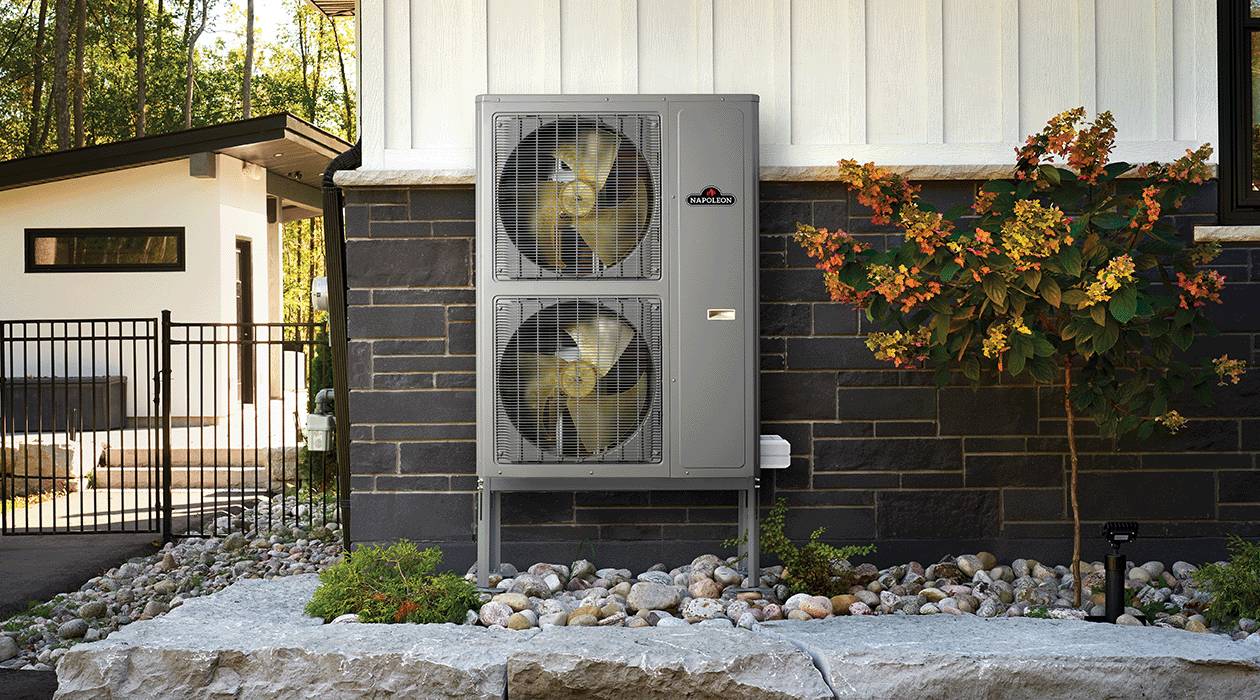

Articles
How Much Does It Cost To Install A Zoned HVAC System
Modified: October 20, 2024
Looking for articles on how much it costs to install a zoned HVAC system? Get all the information you need on pricing and installation options in this comprehensive guide.
(Many of the links in this article redirect to a specific reviewed product. Your purchase of these products through affiliate links helps to generate commission for Storables.com, at no extra cost. Learn more)
Introduction
When it comes to maintaining a comfortable and energy-efficient home, having a well-designed HVAC (Heating, Ventilation, and Air Conditioning) system is essential. Traditional HVAC systems have a single thermostat that controls the temperature for the entire house. However, this can lead to uneven heating or cooling, resulting in rooms that are either too hot or too cold.
This is where a zoned HVAC system comes in. A zoned HVAC system utilizes multiple thermostats and dampers to divide your home into different zones, allowing you to control the temperature of each zone independently. This means that you can have different temperatures in different areas of your home, which can greatly improve comfort and energy efficiency.
In this article, we will explore the benefits of a zoned HVAC system, factors to consider before installation, the cost of installing a zoned HVAC system, and other important considerations. Whether you are building a new home or looking to upgrade your current HVAC system, understanding the ins and outs of a zoned HVAC system can help you make an informed decision.
Key Takeaways:
- Installing a zoned HVAC system offers tailored comfort, energy efficiency, and control. Consider factors like home layout, ductwork, and professional installation to maximize the benefits and long-term savings.
- While DIY installation may seem cost-effective, professional installation ensures expertise, warranty coverage, and optimal performance. Carefully budget for additional costs like thermostat upgrades and ongoing maintenance to plan for a well-installed zoned HVAC system.
What is a Zoned HVAC System?
A zoned HVAC system is a heating and cooling system that allows you to divide your home into different temperature zones, each with its own thermostat. By doing so, you have control over the temperature in each zone, providing a customized and comfortable environment for each area.
This system achieves zone control through the use of dampers, which are devices installed in the ductwork of your HVAC system. These dampers open or close to control the airflow to each zone, depending on the temperature settings for that zone.
Each zone typically consists of a group of rooms that have similar heating and cooling requirements. For example, you may have a zone for the bedrooms, a zone for the living areas, and a zone for the basement. The number of zones and their configuration will depend on the layout and size of your home.
The main component of a zoned HVAC system is the thermostats. Each zone has its own thermostat, located in a central area of the zone where it can accurately measure and control the temperature. These thermostats communicate with the HVAC system and the dampers, allowing you to set the desired temperature for each zone.
With a zoned HVAC system, you can have different temperature settings for different zones based on the preferences and needs of the occupants. For example, you can have a warmer temperature in the bedrooms at night while keeping the living areas cooler during the day.
Overall, a zoned HVAC system provides greater control over the comfort levels in your home, improves energy efficiency by only heating or cooling occupied areas, and reduces wear and tear on the HVAC equipment by limiting its operation to specific zones.
Benefits of a Zoned HVAC System
A zoned HVAC system offers numerous benefits that can greatly improve your comfort, energy efficiency, and overall HVAC performance. Let’s take a closer look at some of the key advantages:
- Enhanced Comfort: One of the greatest benefits of a zoned HVAC system is the ability to customize the temperature in each zone. This means that you can have different comfort settings in different areas of your home, catering to the unique preferences of the occupants. No more fighting over the thermostat or dealing with rooms that are too hot or too cold.
- Energy Efficiency: With a zoned HVAC system, you have the flexibility to heat or cool only the areas that are occupied. This allows you to save energy by avoiding unnecessary heating or cooling of unoccupied rooms. By reducing energy wastage, a zoned system can lead to significant energy savings and lower utility bills.
- Improved Air Quality: Dampers in a zoned HVAC system not only control the temperature but also regulate the airflow to each zone. This can help to achieve a better balance of air distribution throughout your home, ensuring that each zone receives the optimal amount of conditioned air. Additionally, by heating or cooling only specific zones, you can help reduce the circulation of allergens and pollutants in areas where they are not needed.
- Minimized Wear and Tear: Traditional HVAC systems work constantly to maintain the same temperature throughout the entire house. With a zoned HVAC system, your HVAC equipment only needs to heat or cool specific zones as needed. This reduces the overall workload on the system, extending its lifespan and minimizing the chances of breakdowns or costly repairs.
- Flexibility and Control: Each zone in a zoned HVAC system is equipped with its own thermostat, giving you precise control over the temperature settings. This enables you to adjust the heating or cooling in individual areas according to specific needs and preferences. It also allows for better management of different thermal zones in your home, such as basement areas that may need different temperature settings compared to the upper levels.
By providing tailored comfort, energy efficiency, improved air quality, reduced wear and tear, and enhanced control, a zoned HVAC system offers a wide range of benefits that can make a significant difference in your home’s overall comfort and functionality. If you’re looking to optimize your HVAC system’s performance and create a more comfortable living environment, zoned HVAC is a worthy investment.
Factors to Consider Before Installation
Before installing a zoned HVAC system in your home, it’s important to carefully consider a few factors to ensure that it’s the right choice for your specific needs. Taking these factors into account will help you make an informed decision and maximize the benefits of a zoned HVAC system. Here are some key considerations:
- Layout and Size of Your Home: The layout and size of your home play a significant role in determining the number of zones needed for an effective zoned HVAC system. Factors such as the number of floors, room sizes, and the general flow of air within your home will impact the system’s efficiency and performance. A professional HVAC contractor can assess your home’s layout and provide recommendations on the optimal number of zones.
- Existing Ductwork: The condition and design of your existing ductwork will influence the feasibility and cost of installing a zoned HVAC system. If your ductwork is in good condition, it can often be modified to accommodate the necessary dampers and zone controls. However, if your ductwork is outdated or incompatible, it may require additional modifications or even replacement, which can add to the overall installation cost.
- Insulation and Air Sealing: To fully optimize the performance of a zoned HVAC system, it’s important to ensure that your home is properly insulated and free of air leaks. Insufficient insulation or air leaks can result in energy loss and cause temperature imbalances across different zones. Before installation, consider assessing and improving the insulation and air sealing in your home to enhance the efficiency of the zoned system.
- Upfront Cost vs. Long-Term Savings: While a zoned HVAC system can offer long-term energy savings, it’s essential to weigh the upfront cost of installation against the potential savings. The cost will typically depend on factors such as the size of your home, the number of zones, and the complexity of the ductwork modifications. Consulting with an experienced HVAC contractor can help you determine the cost-effectiveness of a zoned system for your specific circumstances.
- Professional Installation: Installing a zoned HVAC system requires expertise and knowledge of the necessary equipment and components. It is strongly recommended to seek professional installation to ensure that the system is installed correctly and functions optimally. Professional installation also ensures that the zoned system integrates seamlessly with your existing HVAC equipment, minimizing the risk of compatibility issues or inefficient operation.
By considering these factors before installation, you can make informed decisions about whether a zoned HVAC system is suitable for your home. Keep in mind that consulting with a reputable HVAC contractor is crucial to accurately assess your home’s needs and provide expert guidance on the most appropriate zoned system for optimal comfort and efficiency.
Cost of Installing a Zoned HVAC System
The cost of installing a zoned HVAC system can vary depending on several factors, including the size of your home, the number of zones, the complexity of the installation, and your location. It’s important to understand the different costs involved to estimate the overall investment required. Here are the main cost considerations:
- Equipment Cost: The equipment cost includes the thermostats, zone control panels, dampers, and other components necessary for a zoned HVAC system. The cost of these components can vary depending on the brand, features, and quality. On average, you can expect to spend between $3,000 and $6,000 for the equipment needed for a zoned system.
- Ductwork Modifications: Installing a zoned HVAC system often requires modifications or additions to your existing ductwork. The extent of these modifications will depend on the complexity of your home’s layout and the number of zones. The cost of ductwork modifications can range from $1,000 to $3,000, depending on the extent of the alterations needed.
- Professional Installation: Hiring a professional HVAC contractor to install your zoned HVAC system is highly recommended to ensure proper installation and optimal performance. The cost of installation can vary based on factors such as the size of your home, the complexity of the installation, and the contractor’s rates. On average, installation costs can range from $2,500 to $6,000.
- Additional Wiring and Electrical Work: Depending on your home’s electrical setup, additional wiring or electrical work may be required to accommodate the zoned system. This can include running new wiring for thermostats and dampers, installing additional electrical outlets, or upgrading your electrical panel. The cost for this additional work can vary but is typically around $500 to $1,500.
- Maintenance and Service Costs: It’s important to factor in the ongoing maintenance and service costs of a zoned HVAC system. Regular maintenance, including inspecting and adjusting the dampers, replacing air filters, and checking the thermostats, is essential for optimal performance. Budget for annual maintenance costs, typically ranging from $100 to $300, to keep your zoned system in good condition.
When calculating the cost of installing a zoned HVAC system, it’s essential to consider the long-term energy savings and increased comfort it can provide. While the upfront cost may seem significant, the ability to control individual zones can result in energy savings and potentially lower utility bills over time.
It’s important to note that the cost estimates provided here are general ranges and can vary depending on your specific circumstances. To get a more accurate cost estimate for your home, it’s recommended to consult with a reputable HVAC contractor who can assess your needs and provide a tailored quote based on your specific requirements.
Average Installation Costs by Region
The cost of installing a zoned HVAC system can vary depending on your geographic location. Factors such as local market conditions, labor costs, and availability of HVAC contractors can impact the overall installation costs. Here is a breakdown of average installation costs by region in the United States:
- Northeast: In the Northeast region of the United States, which includes states like New York, Massachusetts, and Pennsylvania, the average cost of installing a zoned HVAC system typically ranges from $5,000 to $8,000. This is influenced by higher labor costs and a higher cost of living in this region.
- Southeast: The Southeast region, including states such as Florida, Georgia, and North Carolina, generally has average installation costs ranging from $4,000 to $7,000. Labor costs in this region can vary, with some areas having lower labor rates, resulting in slightly lower installation costs.
- Midwest: In the Midwest region, which consists of states like Illinois, Ohio, and Michigan, the average cost of installing a zoned HVAC system is typically between $4,500 and $7,500. Labor rates in this region can be more consistent compared to other regions.
- Southwest: The Southwest region, including states such as Texas, Arizona, and Nevada, has average installation costs ranging from $4,000 to $7,000. Labor costs can vary in this region, with some areas having higher labor rates due to higher demand for HVAC services.
- West: In the West region, which includes states like California, Washington, and Oregon, the average cost of installing a zoned HVAC system is typically between $5,500 and $8,500. This region often experiences higher labor costs and a higher cost of living, contributing to the higher installation costs.
It’s important to note that these are average cost ranges and actual installation costs can vary depending on factors specific to your location and project requirements. To get a more accurate estimate, it is recommended to contact local HVAC contractors who can provide tailored cost assessments based on your specific needs and regional factors.
Keep in mind that while installation costs may vary by region, the long-term benefits of a zoned HVAC system, such as energy savings and increased comfort, are consistent regardless of where you live. Prioritize finding an experienced and reputable HVAC contractor who can provide quality installation and ensure optimal performance of your zoned HVAC system.
Get multiple quotes from reputable HVAC contractors to compare prices and ensure you’re getting a fair deal. Research the different types of zoning systems to determine which one best fits your needs and budget.
Additional Costs to Consider
When budgeting for the installation of a zoned HVAC system, it’s important to consider not only the main costs of equipment and installation but also any additional expenses that may arise throughout the process. Here are some additional costs to consider:
- Thermostat Upgrades: While zoned HVAC systems come with their own thermostats for each zone, you may choose to upgrade to more advanced or smart thermostats for added functionality and convenience. These thermostats can allow for remote access, scheduling features, and energy monitoring. Upgrading to smart thermostats can range from $100 to $300 per thermostat.
- Zone Dampers and Controls: Depending on the complexity of your zoned HVAC system, you may need additional zone dampers and controls to ensure proper functionality and temperature control in each zone. The cost of additional dampers and controls will depend on the number of zones and the type of equipment needed, ranging from $100 to $300 per damper.
- Permitting Fees: Some local authorities may require permits for HVAC system installations. Permit costs can vary widely depending on your location and the scope of the project. It’s important to check with your local building department to determine if any permits are required and factor in the associated fees, which can range from $100 to $500.
- Insulation and Air Sealing: To fully optimize the performance of your zoned HVAC system, you may need to improve the insulation and air sealing in your home. Adding insulation or addressing air leaks can help prevent energy loss and ensure efficient temperature control. The costs of insulation and air sealing will depend on the size of your home and the extent of the necessary improvements, ranging from $500 to $2,000 or more.
- Maintenance and Service Contracts: While regular maintenance is essential for the long-term performance of your zoned HVAC system, you may also consider investing in a maintenance or service contract with an HVAC professional. These contracts typically include routine maintenance visits and priority service in case of any issues. The cost of these contracts can range from $150 to $500 per year.
It’s important to keep in mind that these additional costs can vary depending on your specific needs and circumstances. Consulting with an experienced HVAC contractor will help you identify any additional costs that may be specific to your project and provide a more accurate estimate of the total investment required.
By factoring in these additional costs, you can better plan and budget for the installation of your zoned HVAC system, ensuring that you are fully prepared for all expenses and setting yourself up for long-term comfort and energy efficiency in your home.
DIY vs Professional Installation
When it comes to installing a zoned HVAC system, you may be tempted to take the do-it-yourself (DIY) route to save money. While DIY projects can be fulfilling and cost-effective in some cases, it’s important to weigh the benefits and drawbacks of DIY installation versus hiring a professional HVAC contractor. Here are some factors to consider:
DIY Installation
Pros:
- Cost Savings: DIY installation can potentially save you money on labor costs since you won’t be paying for professional installation.
- Learning Experience: Installing a zoned HVAC system yourself can provide a valuable learning experience, allowing you to gain knowledge and develop new skills.
- Flexibility: With DIY installation, you have the freedom to work on your own timeline and at your own pace.
Cons:
- Complexity: The installation of a zoned HVAC system can be complex, involving electrical work, duct modifications, and precise calibration. Without proper knowledge and experience, DIY installation can lead to errors or inefficient performance.
- Lack of Expertise: HVAC professionals have the knowledge and expertise to ensure that the system is installed correctly and functions optimally. DIY installation may not meet the same standards of professional workmanship.
- Risk of Damage: Incorrect installation can result in damage to the HVAC equipment, the ductwork, or even your home. This can be costly to repair and may void warranties on the equipment.
- Limited Warranty Coverage: Manufacturers typically require professional installation to honor warranties on HVAC equipment. DIY installation may void these warranties, leaving you responsible for any future repairs or replacements.
Read more: How Much Does An HVAC Inspection Cost
Professional Installation
Pros:
- Expertise and Experience: HVAC professionals have the necessary knowledge and experience to accurately assess your home, recommend the appropriate zoned system, and complete the installation with precision.
- Efficiency and Performance: Professional installation ensures that your zoned HVAC system operates efficiently and performs optimally, providing the desired comfort and energy savings.
- Warranty Coverage: Hiring a professional HVAC contractor often ensures that the equipment and installation are covered by warranties, giving you peace of mind.
- Time and Convenience: Professional installation saves you time and effort, allowing you to focus on other priorities while the experts handle the installation.
Cons:
- Higher Cost: Hiring a professional HVAC contractor for installation incurs labor costs, which may add to the overall investment of your zoned HVAC system.
- Limited Control: With professional installation, you relinquish some control over the installation process, as you are relying on the expertise of the contractor.
Ultimately, the decision between DIY installation and professional installation depends on your comfort level, knowledge, and experience with HVAC systems. While DIY installation may be suitable for those with HVAC experience and skills, professional installation ensures a seamless and reliable installation, maximizing the performance and longevity of your zoned HVAC system.
Considering the complexity and importance of a zoned HVAC system, it’s generally recommended to hire a professional HVAC contractor. Their expertise and industry knowledge will provide you with peace of mind knowing that your zoned system is installed correctly and will operate efficiently for years to come.
Conclusion
Installing a zoned HVAC system in your home can provide numerous benefits, including enhanced comfort, energy efficiency, and improved temperature control. By dividing your home into different zones with independent temperature control, you can create a comfortable environment tailored to the specific needs of each area. While the upfront cost of installing a zoned HVAC system may seem significant, the long-term savings in energy costs and increased comfort can make it a worthwhile investment.
Before proceeding with the installation, it’s important to consider important factors such as the layout and size of your home, the condition of the existing ductwork, and the cost-effectiveness of the system for your specific circumstances. Consulting with a reputable HVAC contractor will help you assess your needs and determine the most suitable zoned HVAC system for your home.
While DIY installation may seem appealing for cost savings, it’s crucial to recognize the complexity of the installation process and the risks involved. Professional installation ensures expertise, experience, and compliance with industry standards, maximizing the efficiency and performance of your zoned HVAC system. It also provides warranty coverage and peace of mind, knowing that the installation is completed by professionals who understand the intricacies of the system.
Remember to consider additional costs such as thermostat upgrades, ductwork modifications, permitting fees, and ongoing maintenance when budgeting for a zoned HVAC system. These costs can vary depending on your location and specific project requirements.
In conclusion, a zoned HVAC system offers superior comfort, energy efficiency, and temperature control for your home. By carefully considering the factors outlined in this article and consulting with professionals, you can make an informed decision that aligns with your needs and ensures a well-installed and optimized zoned HVAC system for years to come.
Frequently Asked Questions about How Much Does It Cost To Install A Zoned HVAC System
Was this page helpful?
At Storables.com, we guarantee accurate and reliable information. Our content, validated by Expert Board Contributors, is crafted following stringent Editorial Policies. We're committed to providing you with well-researched, expert-backed insights for all your informational needs.
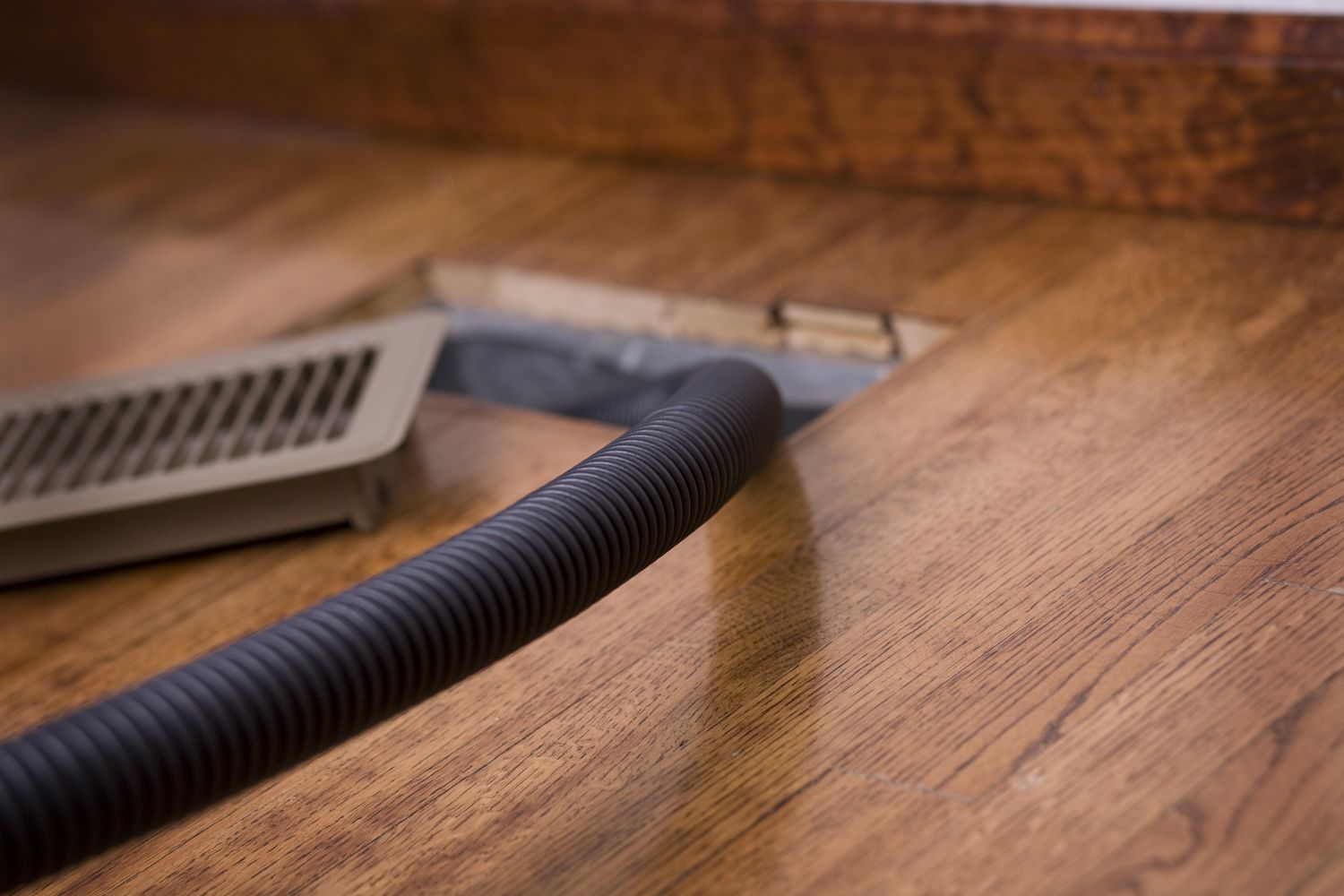
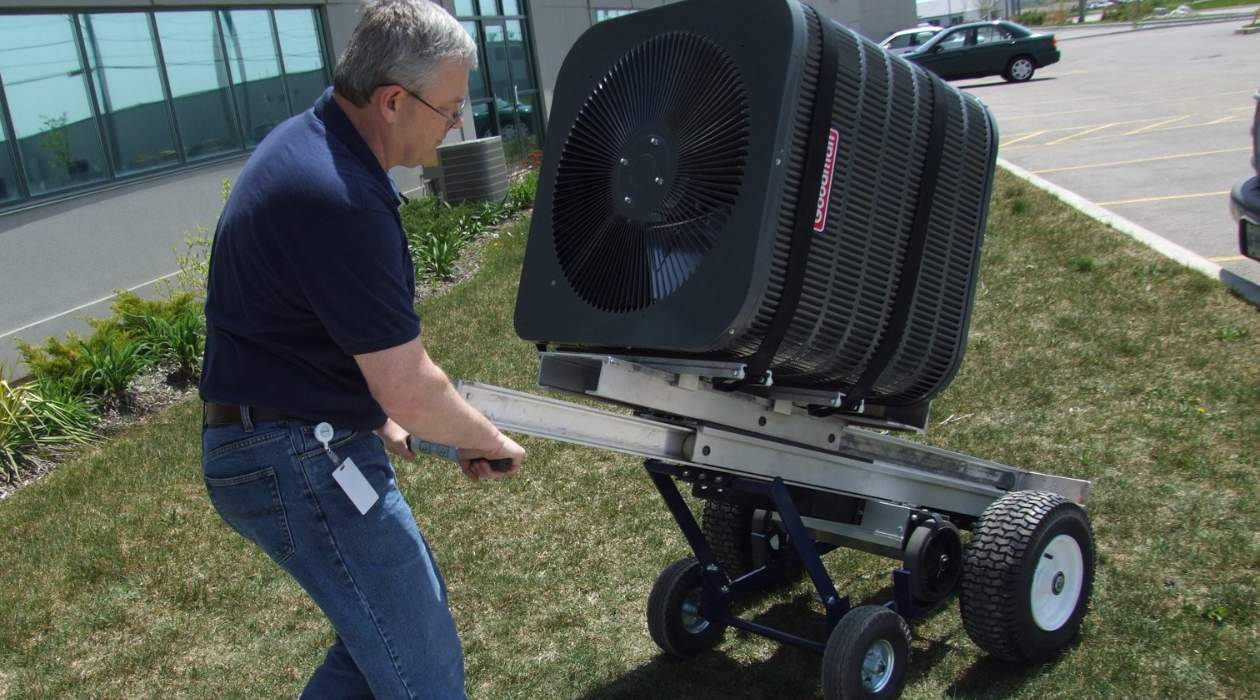
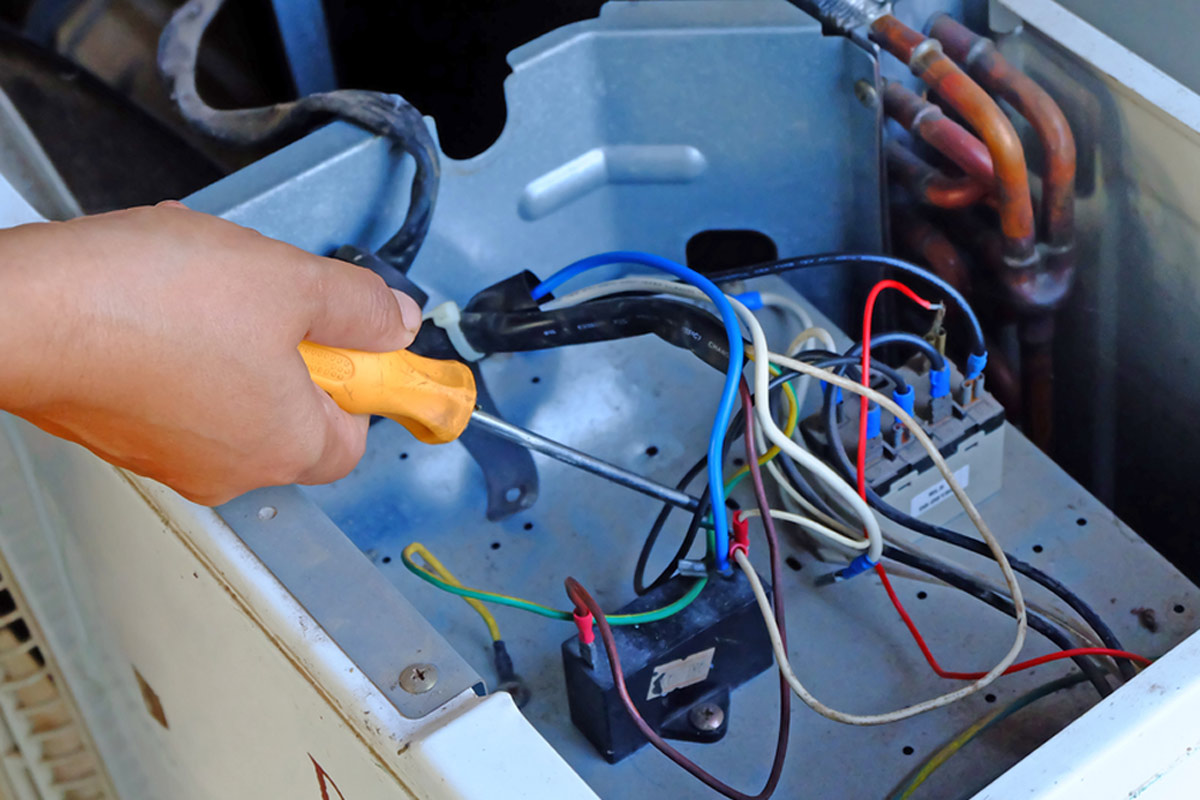
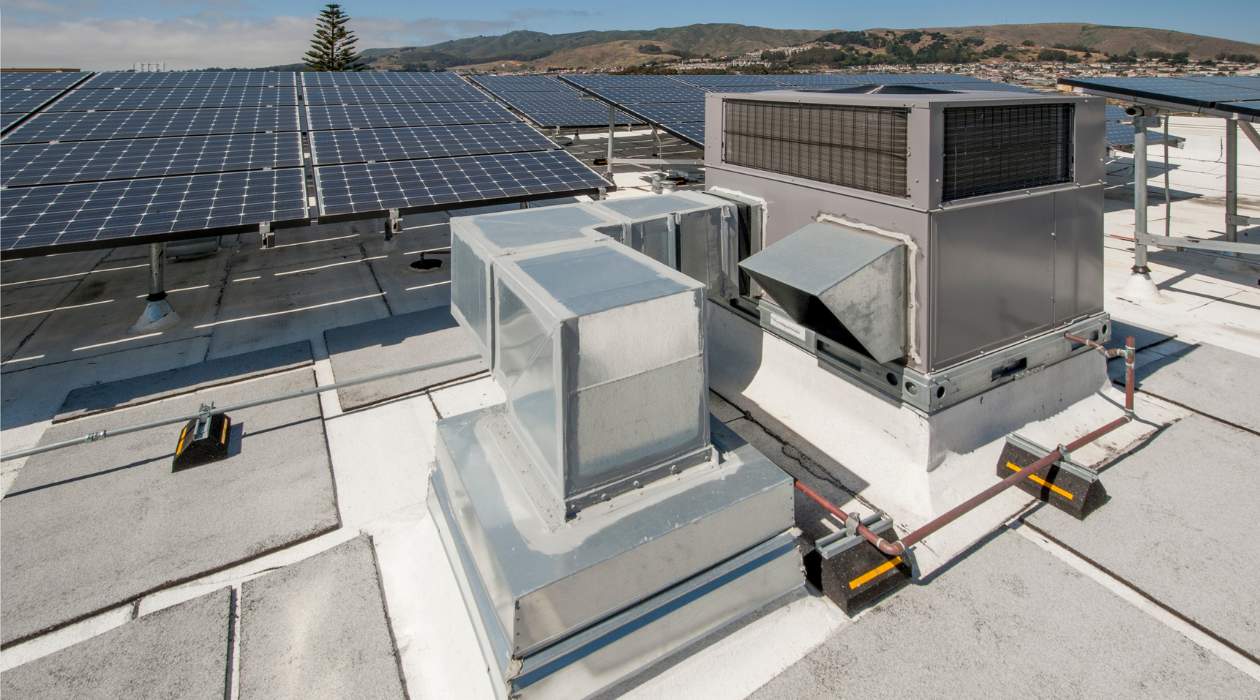
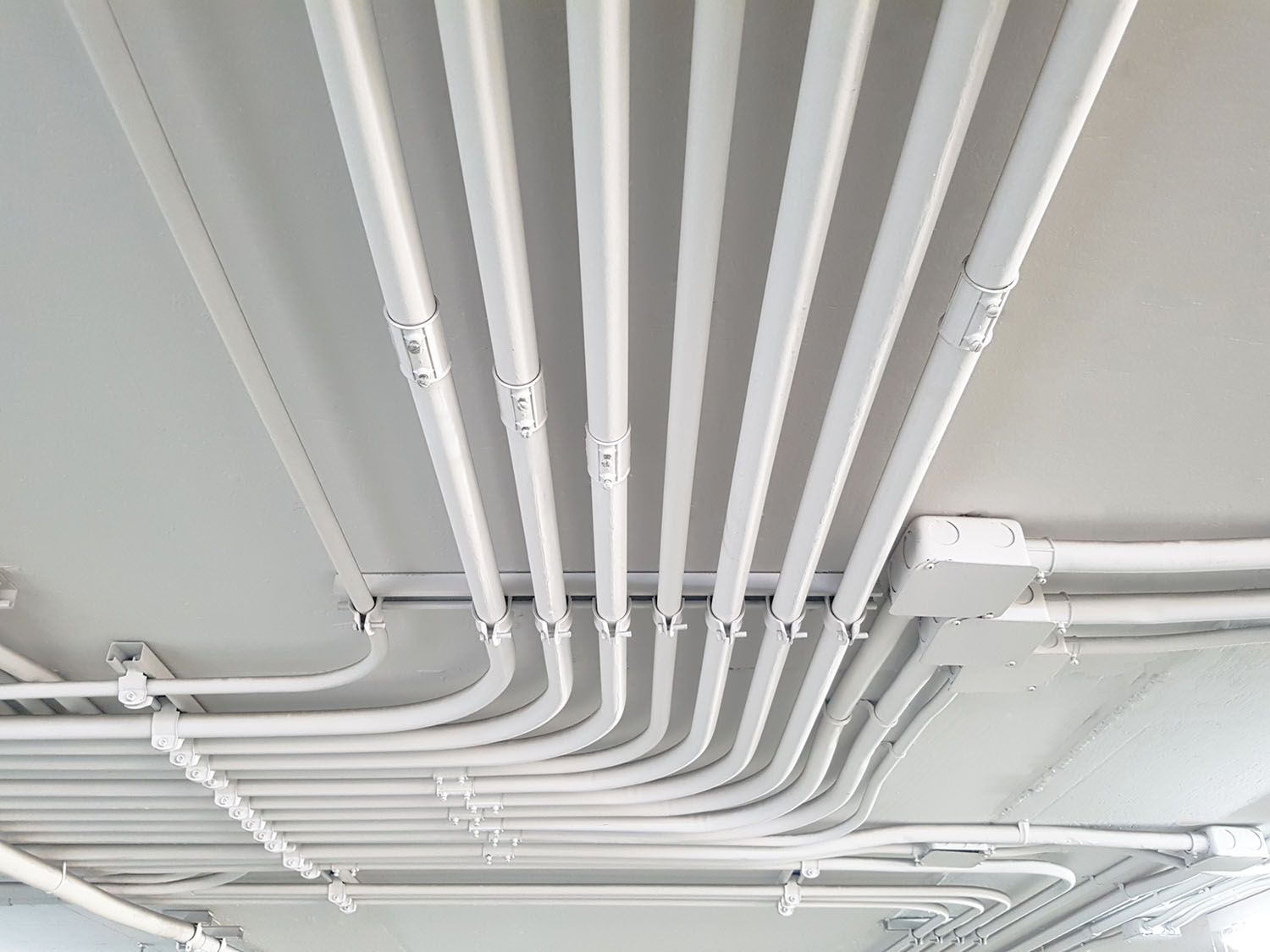
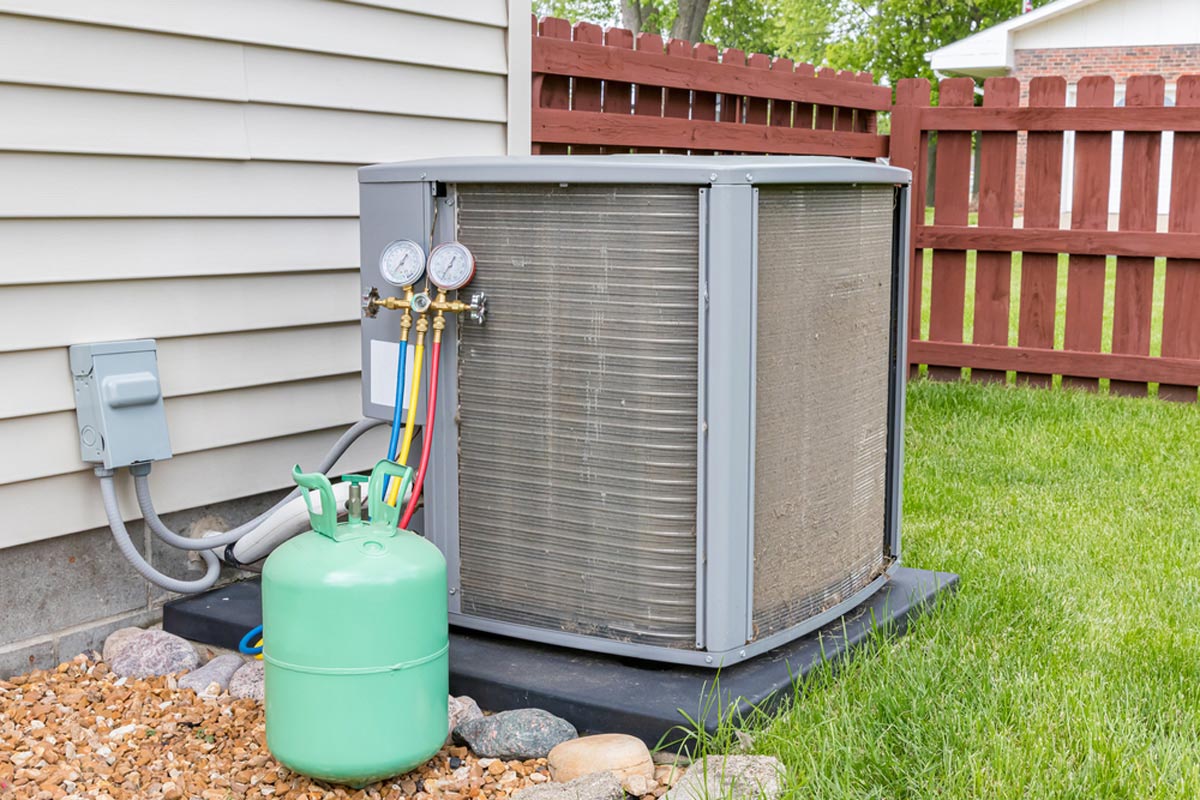
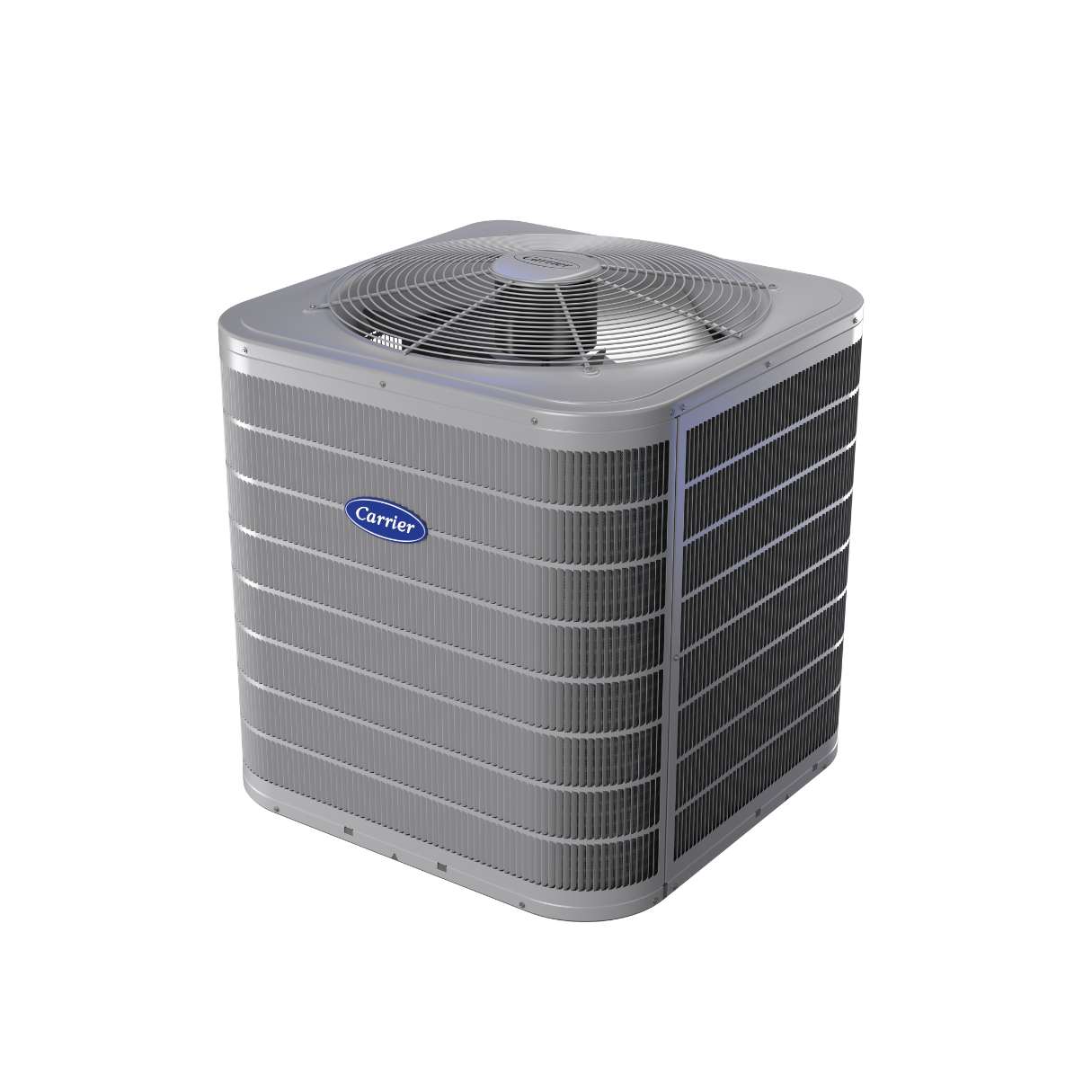
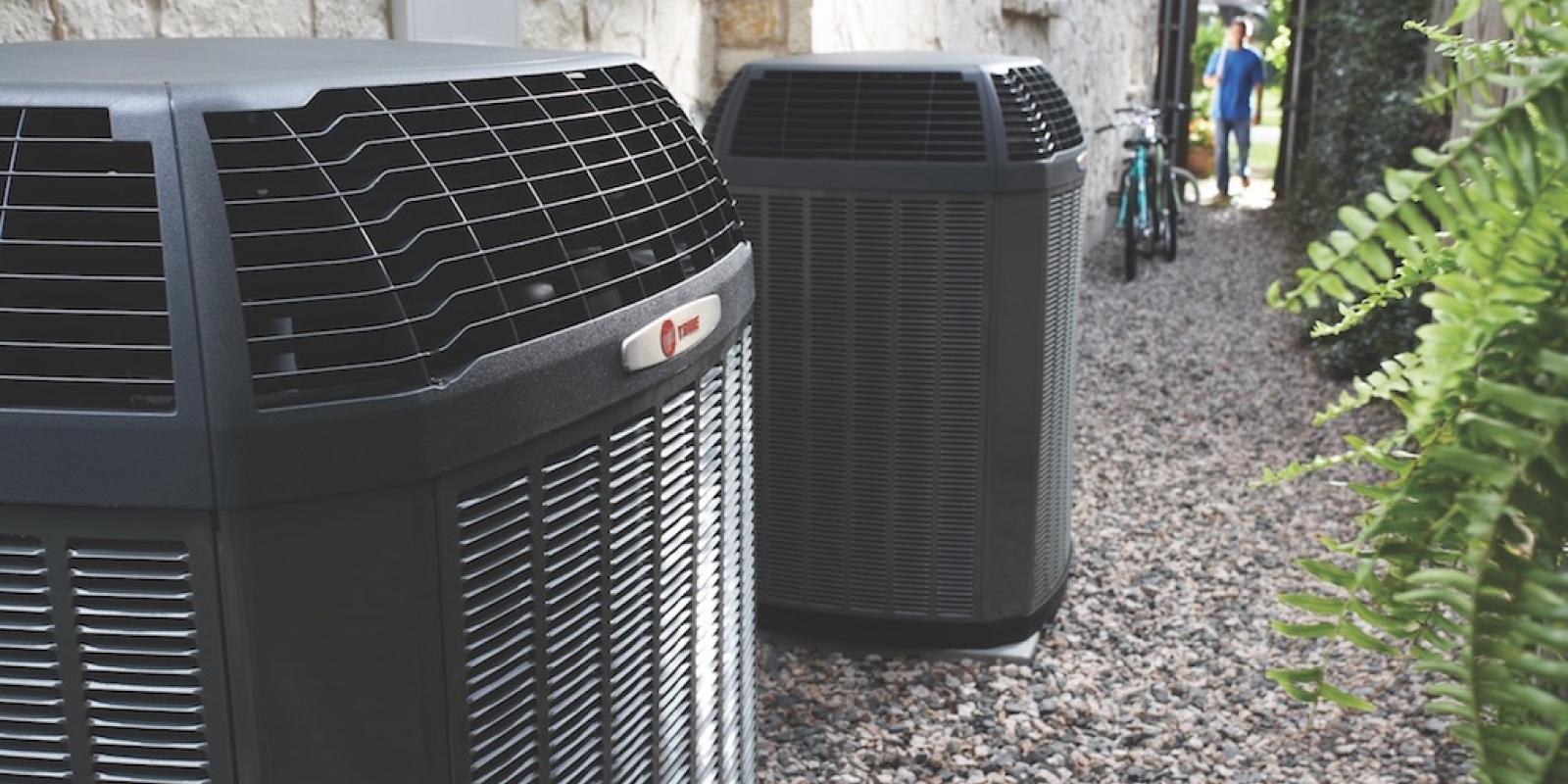
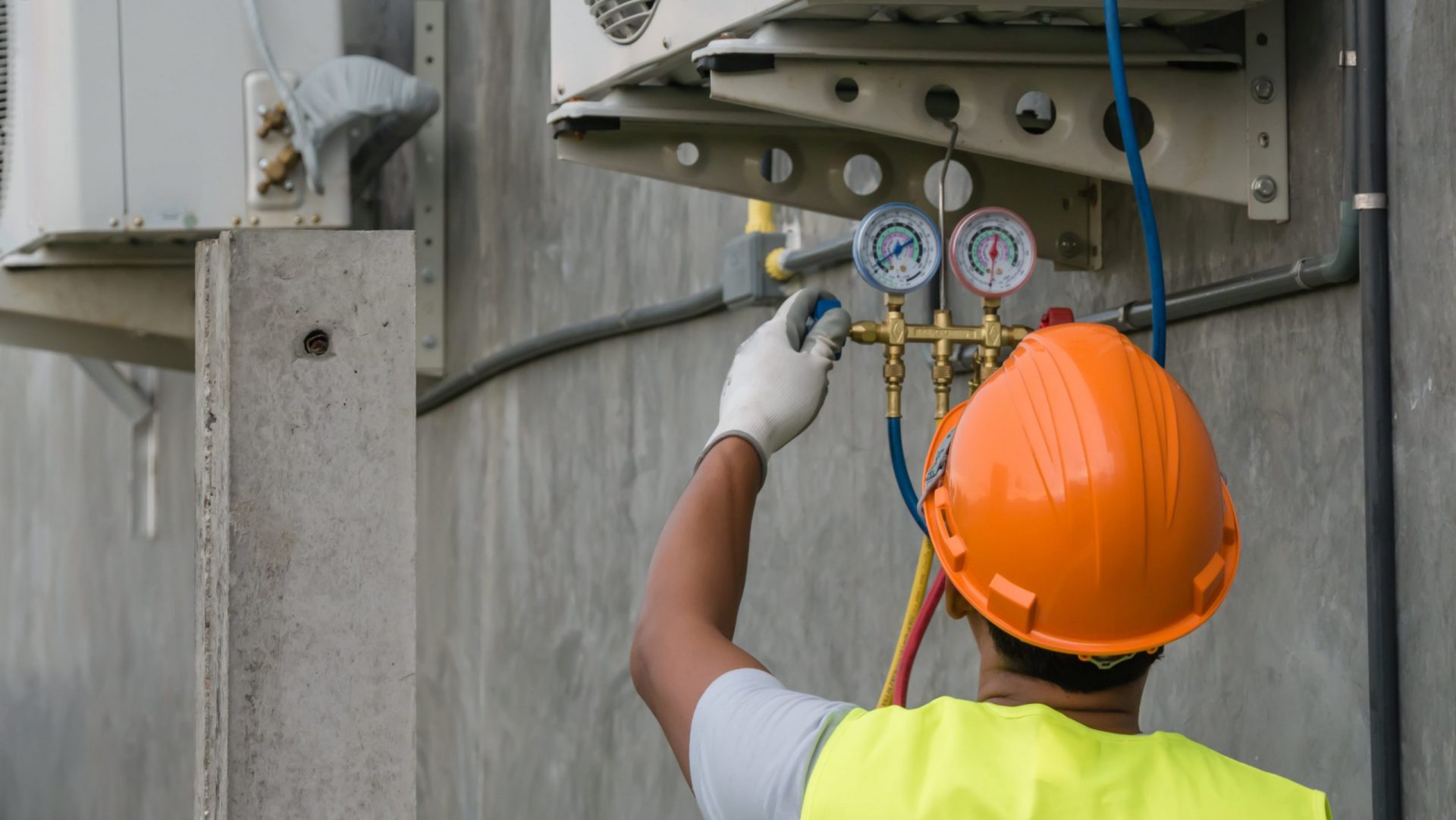
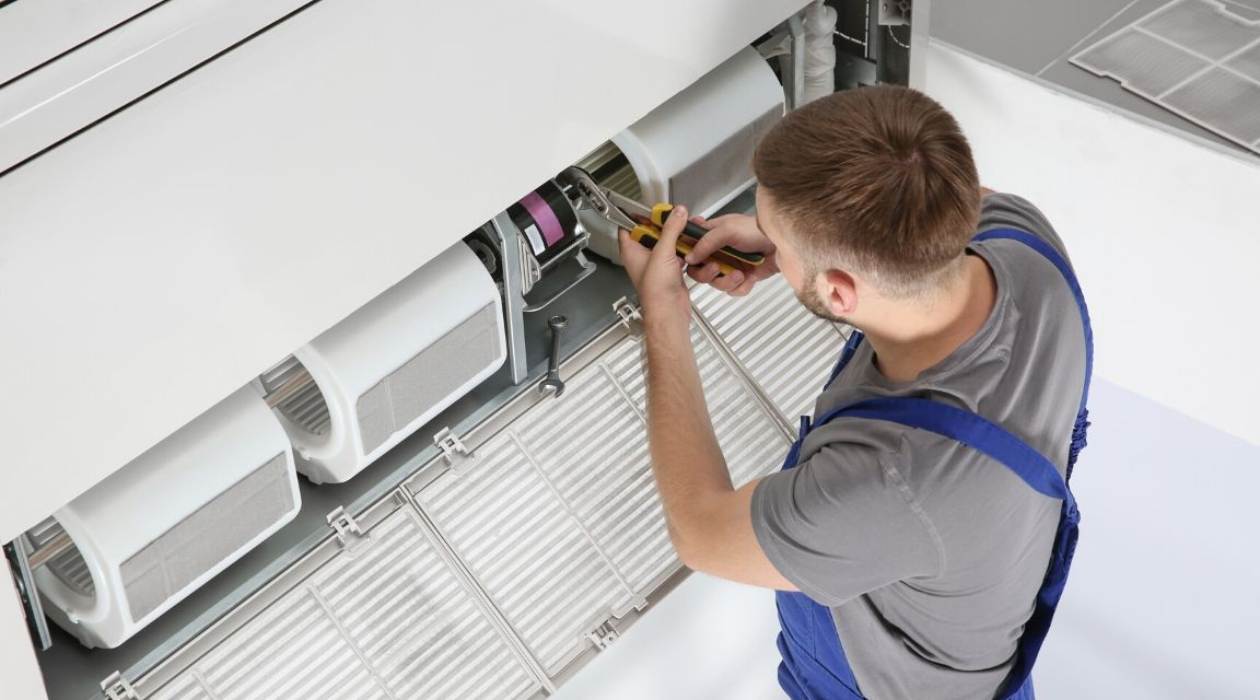
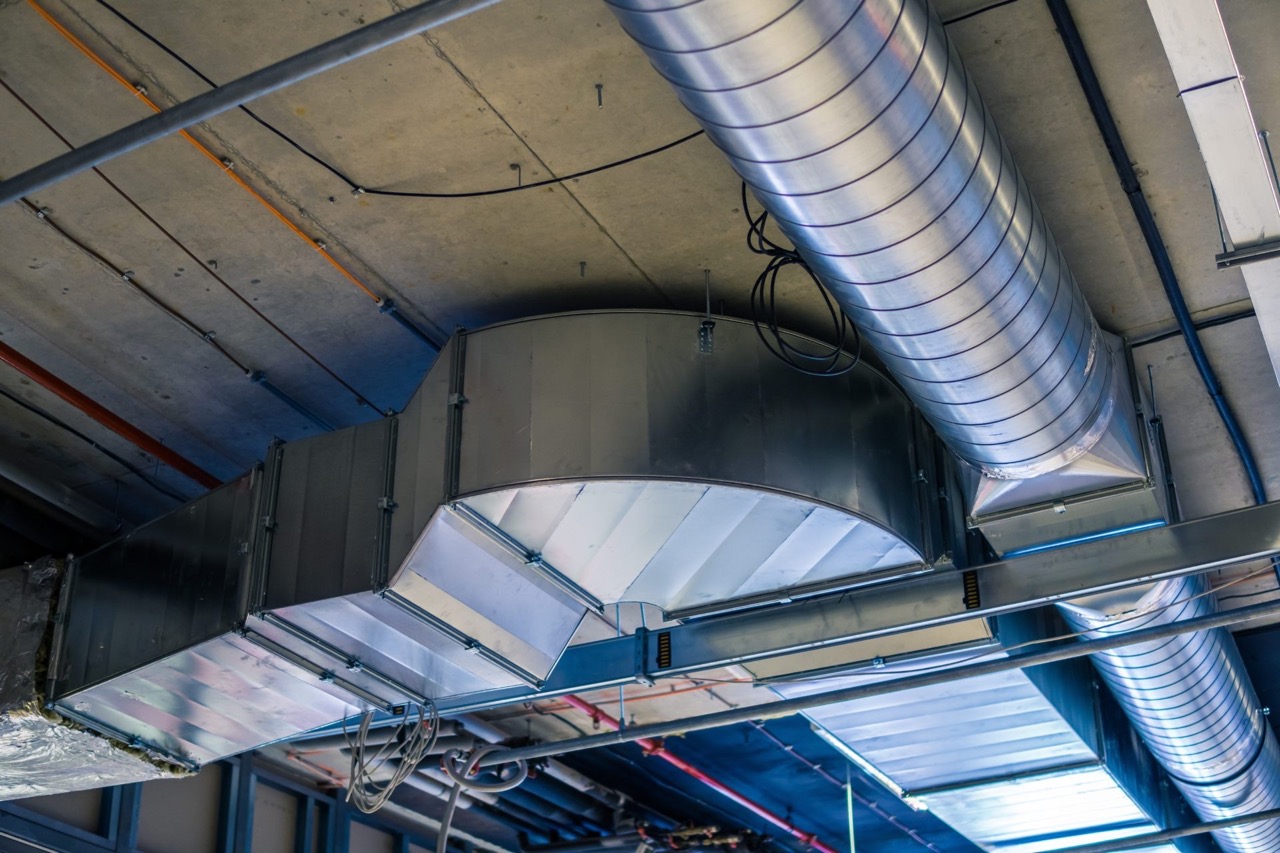
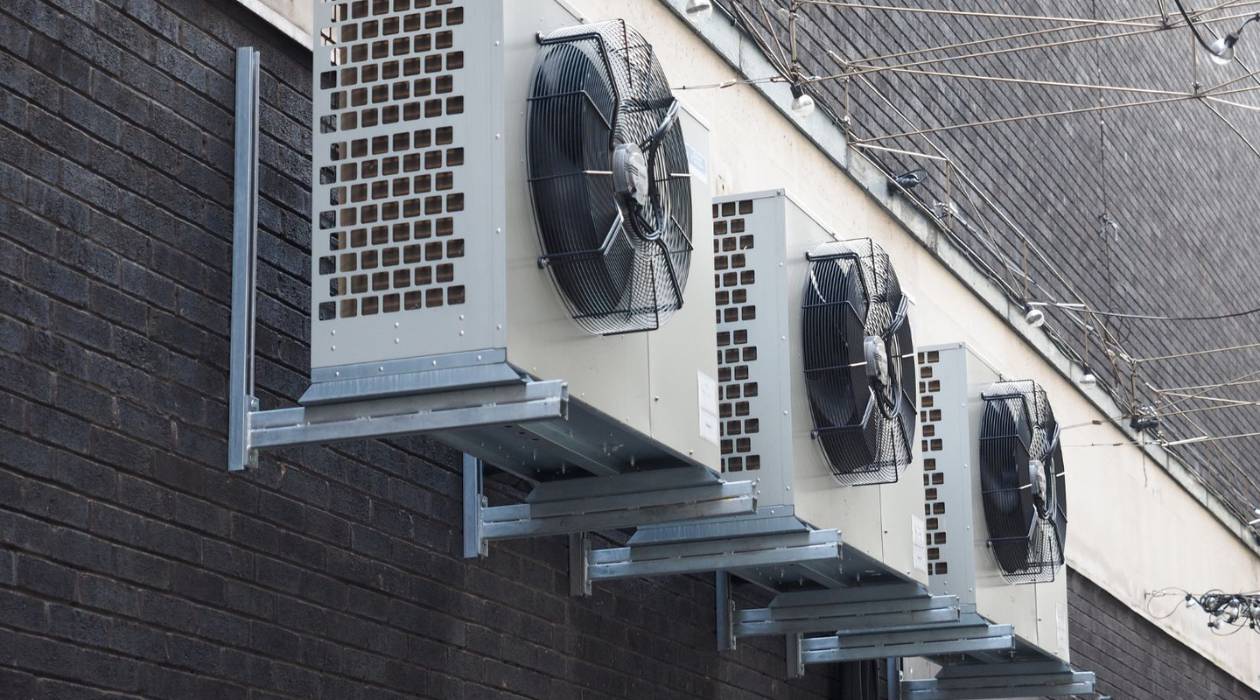
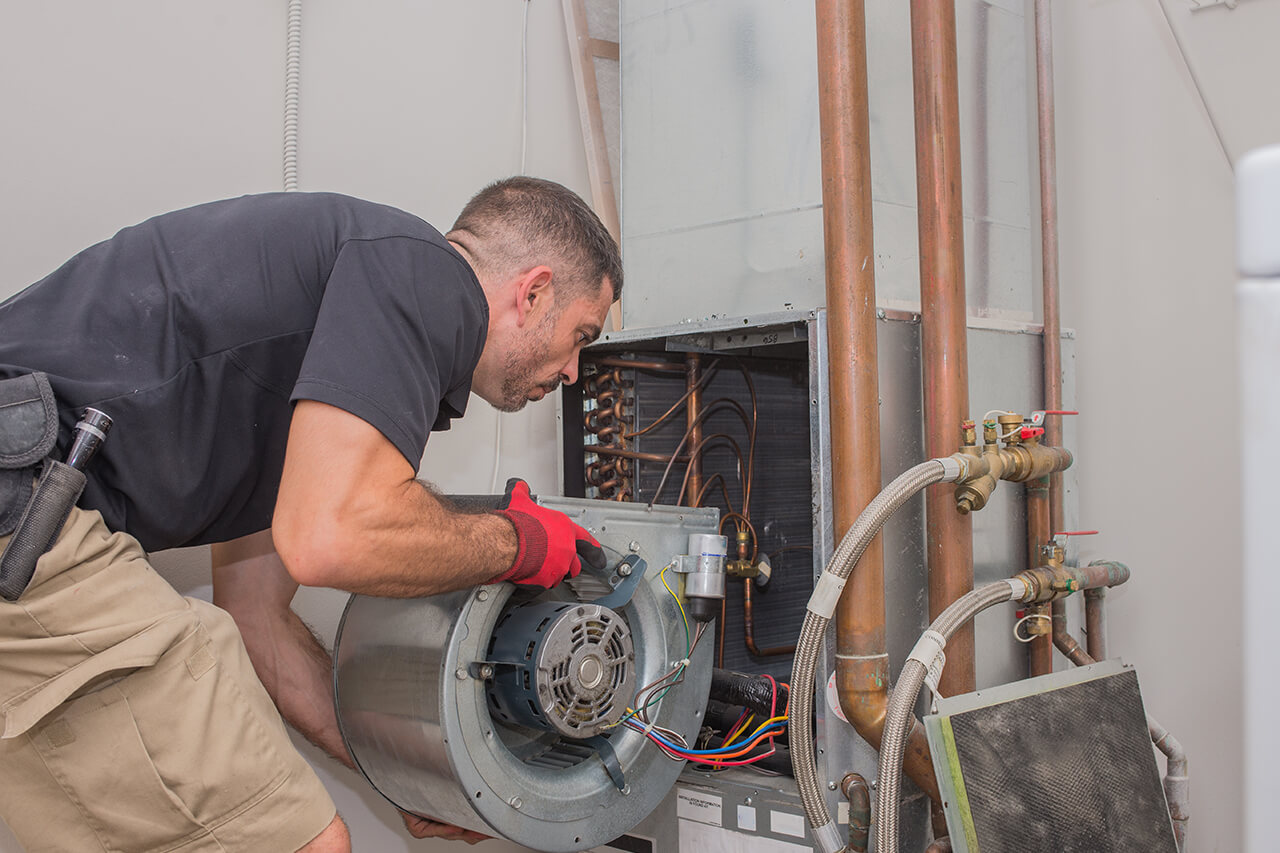

0 thoughts on “How Much Does It Cost To Install A Zoned HVAC System”